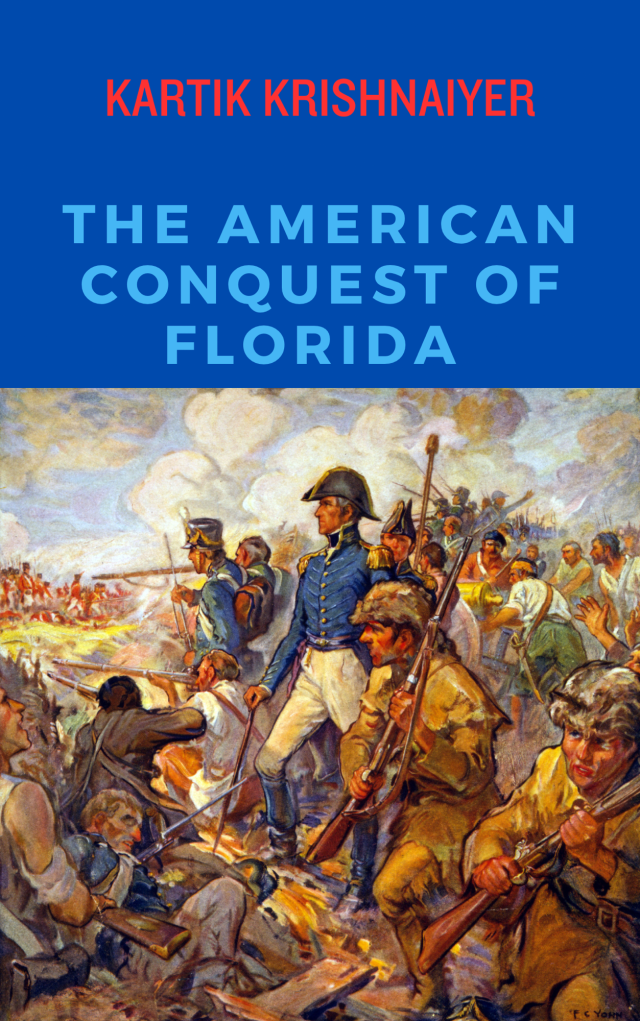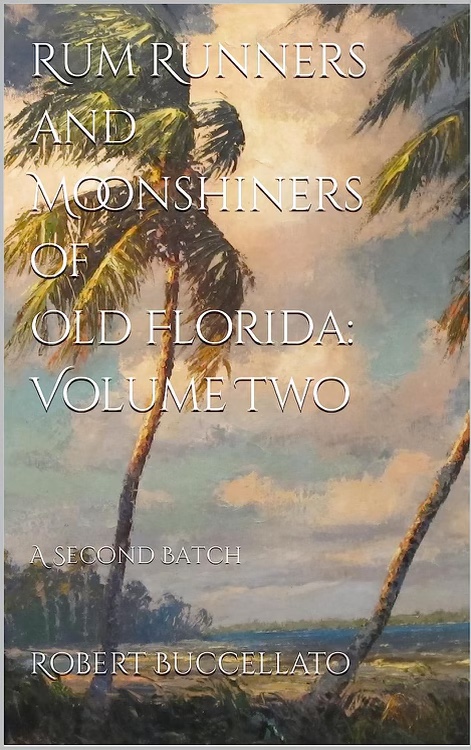Wallace on the eve of the 1972 Florida Democratic Presidential Primary; Race and Rage were his calling cards and he won the primary by 23 points.
Florida has a sad history of racism in its politics. In 1968, Alabama’s Democratic former Governor George Wallace who had become a national figure with his “stand in the schoolhouse door” ran for President on the ticket of the “American Independent Party.” The candidacy despite coded words like “crime,” “law breakers,” and “patriotism” was about one thing- race. Wallace had been a populist earlier in his career and had in fact been considered a liberal on race in Alabama. But after losing the 1958 Democratic Primary for Governor he vowed to never be beaten on the issue again.
As Governor of Alabama, Wallace became the leading national opponent of President Johnson’s Civil Rights program connecting with the public in a way the old Senate dinosaurs who fought to protect the “southern way of life” through dilatory legislative tactics had failed.
Wallace obviously should have had some cross-border appeal but his showing in Florida was deeply disturbing. Wallace won the majority of Florida counties and despite Richard Nixon’s victory in the state, he needed to run up big vote totals in urban centers, most importantly St Petersburg, Orlando and Fort Lauderdale to carry the state. Democratic nominee, liberal Hubert Humphrey carried Dade County, the most populated county in the southeast at the time by a very wide margin but otherwise only carried sparsely populated Monroe (the Keys) and college dominated Alachua, both by small margins. Still the big numbers in Dade were enough to give Humphrey more statewide votes than Wallace who had won 34 Florida counties, including every county north of Gainesville both to the east and west as well as Dixie oriented counties of Okeechobee, Glades, Hardee, DeSoto, Polk and Sumter in the state’s interior. At the time Dade has close to 1/4 of Florida’s voters, and Miami was at the time more like a northeastern city than a southern or midwestern one.
The same day the racial backlash claimed the political career of a great Floridian, Leroy Collins. Collins was defeated by Ed Gurney for US Senate, giving the state its first Republican Senator since the carpetbagger governments of the Reconstruction era. Collins had been a segregationist as Governor but had resisted attempts by the legislature to shut down Florida’s public schools rather than admitting black students and had been instrumental in trying to negotiate a settlement at Selma in 1965. Pictures of Collins with the recently murdered Martin Luther King Jr, circulated across the state leading to Gurney gaining an estimated half of the registered Democrats voting for him.
When George Wallace announced he would return to the Democratic Party to run for Governor of Alabama in 1970 he ran perhaps the most overtly racist campaign in the history of the republic. He ran TV ads saying “Do you want the black voting block electing your governor” and did a direct mail piece that showed a white girl surrounded by seven black boys, with the saying “Wake Up Alabama! Blacks vow to take over Alabama.” (The image of this mailer is in the middle of Dan Carter’s influential work, the Politics of Rage which I have read multiple times over the 18 years since it was published.) He also said the following in a speech during that campaign:
“There’s no reason to let any one group call all the shots in this state. And you know the militant black bloc vote in this state, if they take over, it’s going to control politics for the next 50 years in Alabama, and I know you are not going to let that happen.”
George Wallace choose to run for President in 1972 as a Democrat. Obviously he was considered strong in the south but with Florida’s early primary and the number of northern migrants, many in the media thought Wallace was not going to fare well.
But school busing which is a racial issue became the only issue in the Florida Primary. In an eleven candidate field, Wallace almost won an outright majority in the Primary, winning by 23 points over Humphrey. Wallace won every county except Dade, running up especially huge margins in the panhandle and winning the vast majority of white votes in Duval and Hillsborough counties.
Wallace’s campaign would be cut short by Arthur Bremmer’s assassination attempt in May of 1972, but even in 1976 as a wheelchair bound candidate with no hope of being nominated by a now more liberal national party, Wallace ran strongly in Florida. Jimmy Carter, the eventual nominee and winner barely held off Wallace despite Carter being a southerner, and having entered Florida after winning both Iowa and New Hampshire. Wallace still got 31% statewide gathering an impressive vote haul across the state and again talking about issues that were coded verbiage for race.
Wallace’s relative success in Florida over an eight year period among Democrats showed exactly what the racial attitudes of so many were during the period. While nationally, Wallace was seen by 1970 as a pariah, and a racist he still commanded respect and lots of support in Florida among Democrats as long as he kept running nationally.







More to Wallace than race. You sound just like the national media now. He was interested in crime, the cultural decay from drugs and hippies, was pro-life and strongly motivated by winning the Vietnam war. War is the lazy, sloppy narrative.
LikeLike
I mean race is the sloppy, lazy narrative.
LikeLike
While the perception is that George Wallace I was just a candidate that pushed race the reality is he was concerned about cultural issues articulated himself well on those. it is on fair with whom all the Floridians who voted for Wallace did so based on race. there were a lot of people voted for Wallace out of Southern of pride.
LikeLike
[…] week we discussed George Wallace’s remarkable success in Florida not only as a third-party Presidential candidate in 1968 but also in Democratic Primaries […]
LikeLike